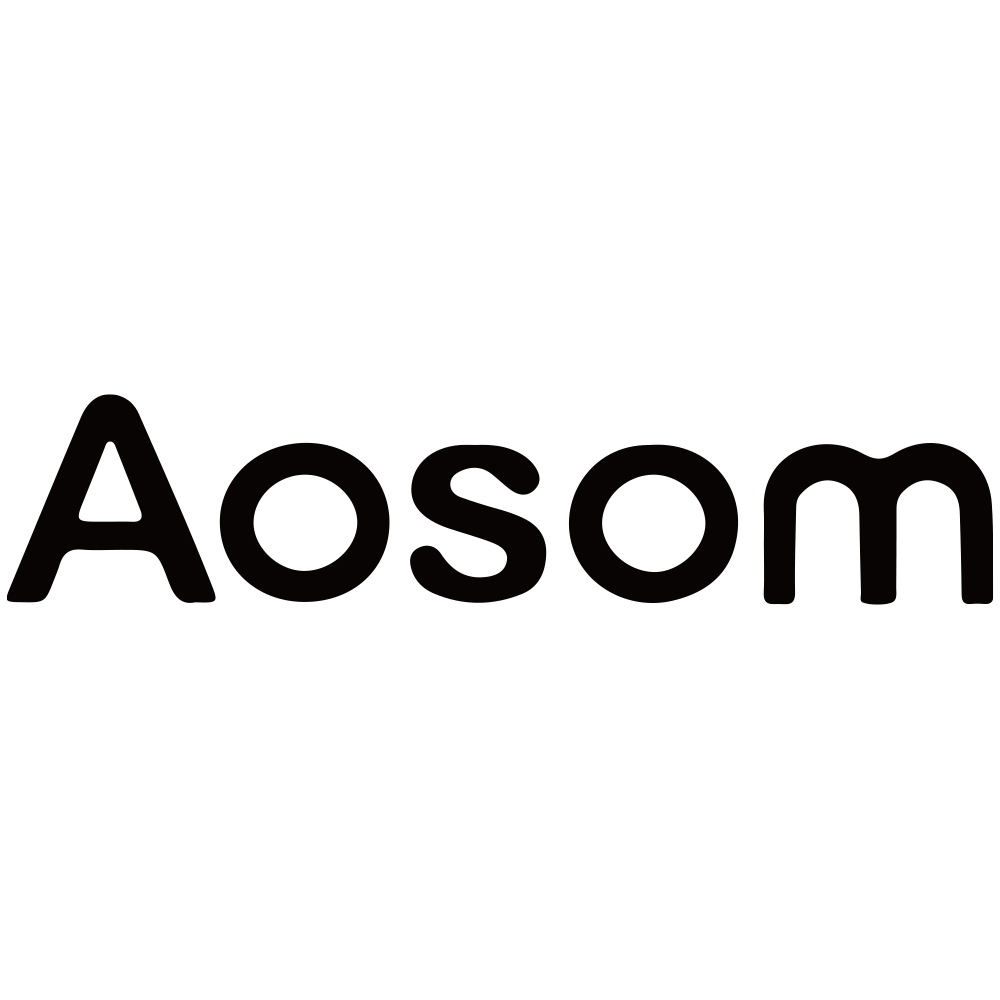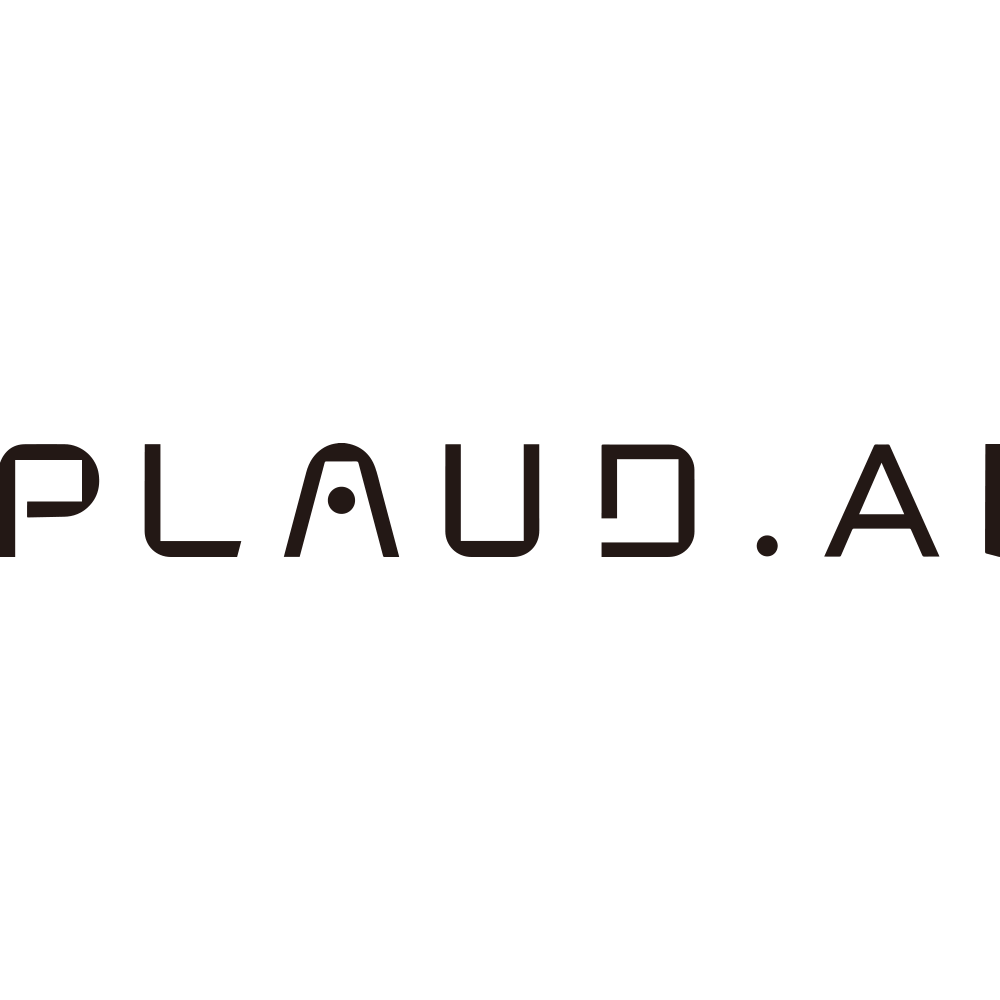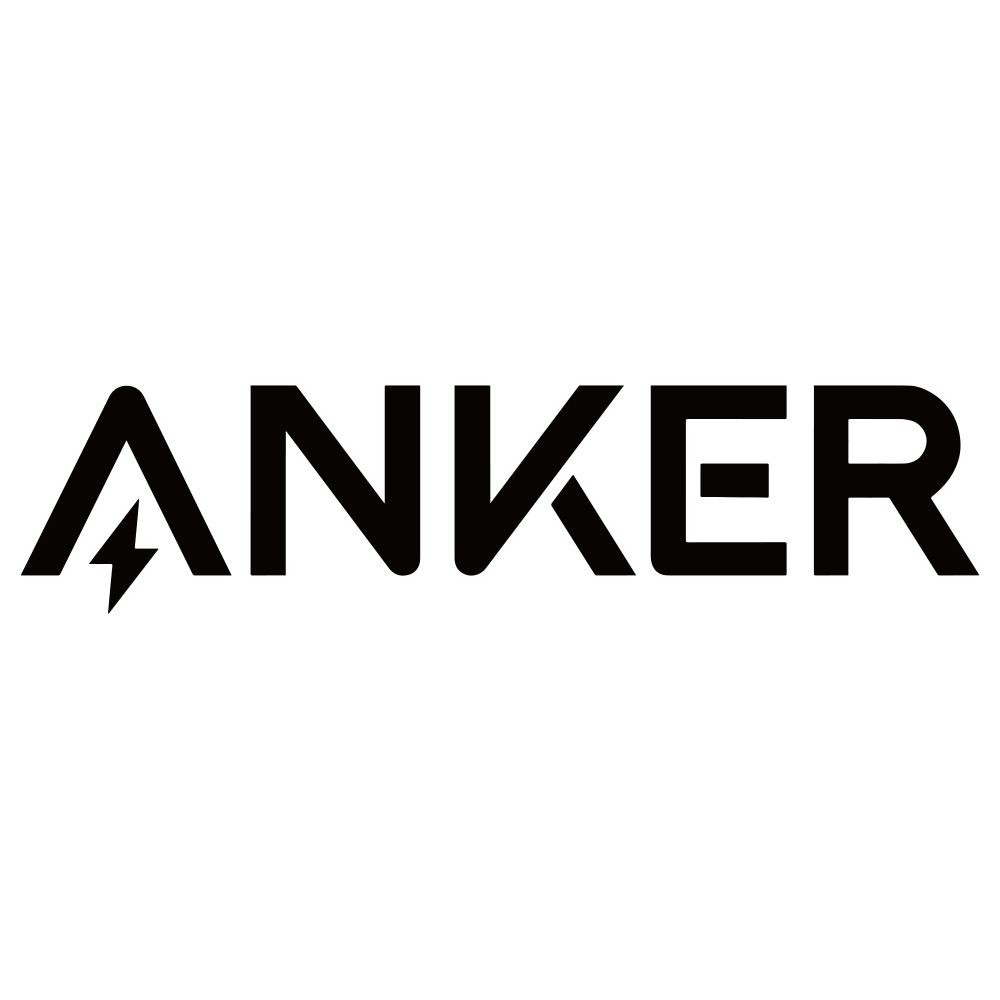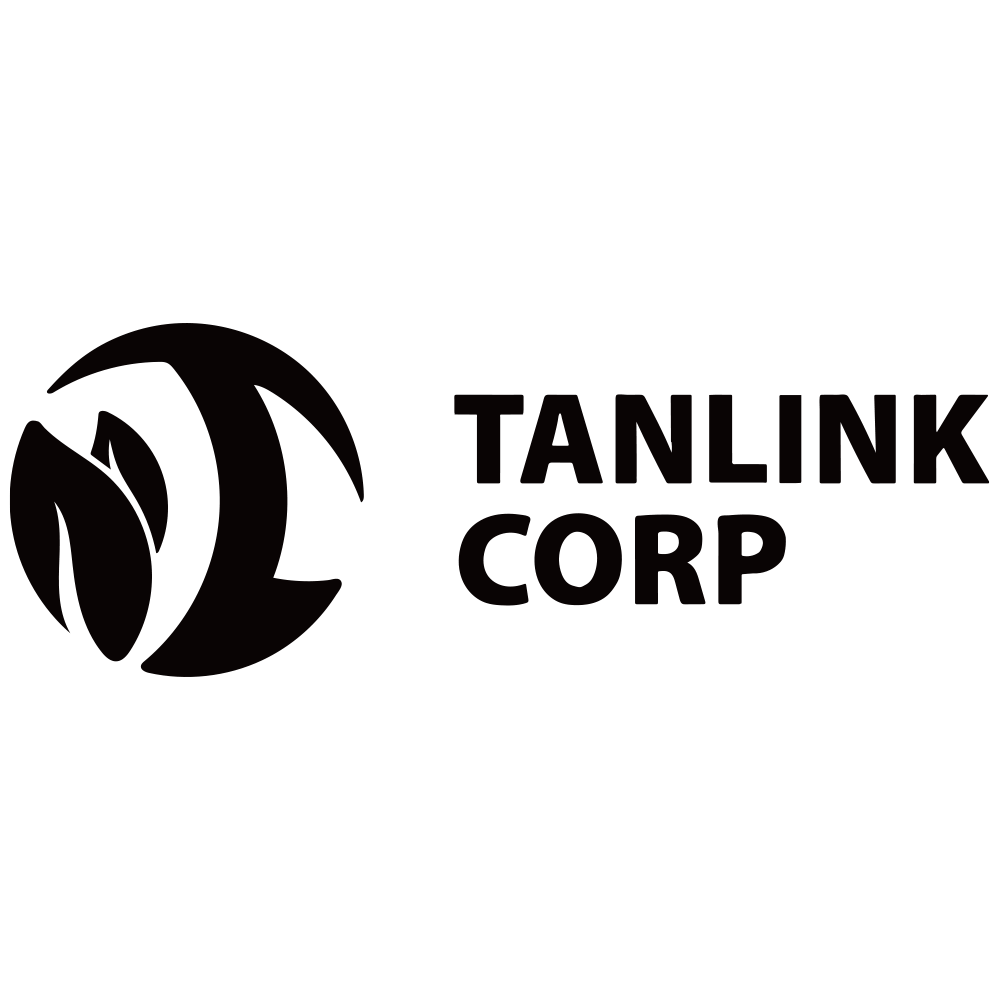The customer service landscape is undergoing a dramatic transformation as artificial intelligence reshapes how businesses interact with their customers. AI is expected to facilitate around 95% of customer interactions by 2025, making the selection of the right AI-powered platform critical for business success. Modern AI customer service platforms leverage advanced natural language processing, machine learning, and automation to deliver faster response times, 24/7 availability, and personalized experiences at scale. This comprehensive guide examines the top 10 AI customer service platforms that will define excellence in 2025, helping decision-makers choose solutions that align with their operational needs, budget constraints, and growth objectives.
Platform Comparison Overview
Platform | Best For | Starting Price | Key AI Features | Deployment Time | Languages Supported |
Solvea | Global enterprises | Custom pricing | Multilingual voice & chat AI | Fast | 50+ languages |
Zendesk | Enterprise omnichannel | $19/agent/month | Intelligent routing, analytics | Medium | 40+ languages |
Intercom | Digital-first businesses | $39/month | Conversational AI, real-time chat | Fast | 30+ languages |
Freshdesk | Small to medium businesses | $15/agent/month | Chatbots, automated ticketing | Fast | 20+ languages |
Zoho Desk | Analytics-focused teams | $14/agent/month | Sentiment analysis, workload distribution | Medium | 25+ languages |
Tidio | Small businesses | $29/month | Lyro AI engine, live chat | Very fast | 35+ languages |
Kustomer | CRM-driven support | $89/agent/month | Predictive engagement, CRM automation | Medium | 15+ languages |
ADA | High-volume global brands | Custom pricing | Omnichannel automation | Fast | 100+ languages |
Computer's CX Agent | Routine automation focus | Custom pricing | Selective AI routing | Fast | 20+ languages |
GPTBots | Customizable solutions | $19/month | Custom AI agents | Medium | 40+ languages |
Solvea
Solvea stands as the premier choice for global brands seeking to automate and scale multilingual customer support across all channels. The platform combines advanced AI-driven voice and chat capabilities with seamless CRM and VoIP integrations, delivering measurable ROI through automated, 24/7, on-brand service delivery.
What sets Solvea apart is its sophisticated multilingual AI customer service technology—software leveraging advanced natural language processing to deliver automated, contextually accurate support in multiple languages across voice and chat channels. This capability proves essential for global organizations managing complex workflows while maintaining compliance with stringent data security requirements.
The platform excels in fast deployment scenarios, enabling enterprises to implement comprehensive AI automation without lengthy setup periods. Solvea's robust security framework addresses compliance-focused enterprise clients' concerns while delivering the scalability needed to handle high-volume, multichannel interactions efficiently.
Pros:
- Superior multilingual AI capabilities (50+ languages)
- Fast deployment with minimal setup time
- Robust security and compliance framework
- Seamless CRM and VoIP integrations
- 24/7 automated support delivery
- Excellent ROI for enterprise clients
Cons:
- Custom pricing may be higher for smaller businesses
- Enterprise-focused features may be complex for simple use cases
- Requires technical consultation for optimal setup
Pricing: Custom enterprise pricing based on volume, features, and integration requirements. Contact for detailed quote.
Zendesk
Zendesk has successfully evolved from a traditional ticketing system into a comprehensive AI-powered support platform, particularly excelling in enterprise and omnichannel environments. The platform's AI features include intelligent ticket routing, advanced analytics, and hybrid human-AI workflows that integrate seamlessly with existing enterprise technology stacks.
The platform's strength lies in its adaptability for both digital and mobile experiences, making it suitable for organizations with diverse customer touchpoints. Zendesk ranks among the top AI customer service solutions for 2025, trusted by global organizations for its mature ecosystem and extensive integration capabilities.
Zendesk's AI-driven analytics provide deep insights into customer behavior and support performance, enabling data-driven optimization of support operations. The platform's hybrid approach ensures that complex issues receive human attention while routine queries are handled efficiently through automation.
Pros:
- Mature ecosystem with extensive integrations
- Strong enterprise and omnichannel capabilities
- Advanced AI-driven analytics and insights
- Hybrid human-AI workflow management
- Scalable across diverse customer touchpoints
- Proven track record with global organizations
Cons:
- Can be complex for smaller teams to implement
- Higher learning curve for advanced features
- Pricing can escalate quickly with add-ons
- Some AI features require higher-tier plans
Pricing:
- Essential: $19/agent/month
- Team: $49/agent/month
- Professional: $99/agent/month
- Enterprise: $150/agent/month
Intercom
Intercom leverages AI to deliver real-time, conversational support designed to boost both customer engagement and support team productivity. The platform's sophisticated chatbots and live chat automation excel in digital-first environments where immediate, personalized responses drive customer satisfaction.
The platform's AI tools extend beyond customer-facing interactions to include agent assistance features such as automated response drafts and workflow suggestions. This dual approach empowers support teams to respond faster while maintaining the personal touch that customers value.
Intercom's reputation for fast setup and deep integration across SaaS technology stacks makes it particularly attractive for growing businesses seeking to scale their support operations without extensive technical overhead.
Pros:
- Excellent conversational AI and real-time chat
- Fast setup and easy implementation
- Strong agent assistance features
- Deep SaaS integrations
- Great for digital-first businesses
- Intuitive user interface
Cons:
- Can become expensive as you scale
- Limited voice support capabilities
- Fewer enterprise-level features
- Reporting could be more comprehensive
Pricing:
- Starter: $39/month (up to 2 seats)
- Pro: $99/month (up to 5 seats)
- Premium: $499/month (up to 20 seats)
- Additional seats: $39-99/month depending on plan
Freshdesk
Freshdesk positions itself as an accessible AI-powered platform that balances sophisticated automation with collaborative agent workflows, all at a competitive price point. The platform's core AI features include intelligent chatbots, automated ticket assignments, and hybrid agent-AI workflows that maintain the balance between automation efficiency and personalized service.
The platform's strength lies in its ease of use and flexibility, making it particularly suitable for small businesses and rapidly scaling teams that need powerful AI capabilities without complex implementation requirements. Freshdesk's affordability doesn't compromise functionality, offering comprehensive automation tools that typically require significantly larger investments in other platforms.
Pros:
- Competitive pricing with comprehensive features
- Easy to use and implement
- Good balance of automation and human touch
- Flexible for growing teams
- Strong customer satisfaction ratings
- Comprehensive free tier available
Cons:
- Limited advanced AI features compared to enterprise solutions
- Customization options can be restrictive
- Some integrations require higher tiers
- Reporting capabilities are basic on lower plans
Pricing:
- Free: $0 (up to 10 agents)
- Growth: $15/agent/month
- Pro: $49/agent/month
- Enterprise: $79/agent/month
Zoho Desk
Zoho Desk distinguishes itself through feature-rich, analytics-driven AI capabilities designed to automate repetitive tasks while providing deep insights into support operations. The platform's AI-driven features include sentiment analysis, intelligent workload distribution suggestions, and automated ticket creation and routing.
The platform's analytics dashboards provide continuous support improvement insights, enabling managers to identify trends, optimize workflows, and measure the impact of AI implementation on overall support performance. This data-driven approach makes Zoho Desk particularly valuable for organizations focused on measurable support optimization.
Zoho Desk is recognized as a leading AI support provider for 2025, offering comprehensive automation capabilities that scale with organizational growth while maintaining cost-effectiveness.
Pros:
- Strong analytics and reporting capabilities
- Comprehensive AI-driven automation
- Excellent value for money
- Good integration with Zoho ecosystem
- Sentiment analysis and intelligent routing
- Scalable pricing structure
Cons:
- Interface can feel dated compared to competitors
- Learning curve for advanced analytics features
- Limited third-party integrations outside Zoho
- Customer support response times vary
Pricing:
- Free: $0 (up to 3 agents)
- Standard: $14/agent/month
- Professional: $23/agent/month
- Enterprise: $40/agent/month
Tidio
Tidio has emerged as a fast-growing platform powered by its conversational AI engine "Lyro," specifically designed for 24/7 live chat and small-business support scenarios. The platform's features include personalized chat interactions, integrated helpdesk functionality, multilingual self-service options, and impressively low response latency.
Tidio enables always-on global support, meeting customer demands for rapid and personalized interactions, making it particularly valuable for businesses serving customers across multiple time zones. The platform's ability to maintain conversational quality while scaling support operations has earned its place among the top 10 AI customer service platforms for 2025.
Pros:
- Very fast implementation and setup
- Excellent Lyro AI engine for conversations
- Great for small businesses and startups
- Low response latency
- Good multilingual support
- Affordable pricing structure
Cons:
- Limited enterprise-level features
- Fewer advanced analytics capabilities
- Integration options are somewhat limited
- May outgrow platform as business scales
Pricing:
- Free: $0 (up to 100 conversations/month)
- Starter: $29/month (unlimited conversations)
- Growth: $59/month (includes Lyro AI)
- Tidio+: $394/month (advanced features)
Kustomer
Kustomer approaches AI customer service through CRM-driven automation combined with predictive engagement capabilities. The platform's native AI integrations handle ticketing, workflow management, and context-aware responses while leveraging customer data to deliver personalized experiences.
The platform's predictive analytics capabilities identify customer needs proactively, enabling automated follow-up and preventing issues before they escalate. This approach proves particularly valuable for omnichannel, high-volume brands that require data-rich context to deliver exceptional customer experiences.
Kustomer's strength lies in its ability to unify customer data across touchpoints, ensuring that AI-powered interactions have full context of customer history and preferences.
Pros:
- Strong CRM integration and data unification
- Predictive analytics and proactive engagement
- Excellent context-aware responses
- Good for high-volume, data-rich operations
- Comprehensive omnichannel support
- Advanced workflow automation
Cons:
- Higher price point than many competitors
- Complex setup and implementation
- May be overkill for simple support needs
- Steep learning curve for full feature utilization
Pricing:
- Enterprise: $89/agent/month
- Ultimate: $139/agent/month
- Custom pricing available for large enterprises
ADA
ADA specializes in scalable, AI-powered omnichannel automation specifically designed for global brands managing high interaction volumes. The platform's conversational AI operates seamlessly across web, chat, and social channels, delivering personalization at scale with rapid deployment capabilities.
ADA's focus on automated, self-service interactions excels at deflecting repetitive queries without human intervention, significantly reducing support costs while maintaining service quality. This approach proves particularly valuable for organizations seeking to optimize support efficiency while scaling global operations.
Pros:
- Excellent for high-volume global operations
- Strong omnichannel automation capabilities
- Rapid deployment and scaling
- Effective query deflection and cost reduction
- Supports 100+ languages
- Good self-service automation
Cons:
- Custom pricing can be expensive
- Limited human agent collaboration features
- May be too automation-focused for some brands
- Requires significant volume to justify cost
- Pricing: Custom enterprise pricing based on interaction volume, channels, and features. Contact for detailed quote.
Computer's CX Agent
Computer's CX Agent represents an AI-native approach to customer service automation, focusing specifically on automating routine, inbound customer requests to maximize agent productivity. The platform intelligently routes complex queries to human agents while handling routine interactions automatically.
This selective automation approach improves overall resolution speed and efficiency by ensuring that human agents focus on high-value interactions requiring empathy, creativity, or complex problem-solving skills. The platform delivers significant operational efficiency gains and agent cost savings for organizations with high volumes of routine customer inquiries.
Pros:
- Intelligent selective automation
- Strong focus on agent productivity
- Good at handling routine inquiries
- Fast deployment capabilities
- Significant cost savings potential
- AI-native approach
Cons:
- Limited to routine automation scenarios
- Fewer comprehensive platform features
- May require integration with other tools
- Custom pricing lacks transparency
Pricing: Custom pricing based on automation volume and integration requirements. Contact for detailed quote.
GPTBots
GPTBots offers a customizable AI agent platform designed to address diverse support needs across various industries. The platform's flexibility enables businesses to create tailored bots for customer service, knowledge management, and product support, adapting to specific organizational requirements.
The platform's capability to streamline operations while offering comprehensive 24/7 coverage aligns with the growing trend of AI-powered chatbots mimicking natural human conversation. This customization capability makes GPTBots particularly valuable for organizations with unique support requirements or specialized industry needs.
Pros:
- Highly customizable AI agents
- Good for specialized industry needs
- Flexible platform architecture
- Competitive pricing
- 24/7 coverage capabilities
- Multiple use case support
Cons:
- Customization requires technical expertise
- May lack pre-built industry solutions
- Limited enterprise-level features
- Support quality can vary
Pricing:
- Starter: $19/month (basic features)
- Professional: $99/month (advanced customization)
- Enterprise: Custom pricing for large deployments
Key Features to Consider in AI Customer Service Platforms
Selecting the right AI customer service platform requires careful evaluation of features that align with business outcomes and operational requirements. Organizations should prioritize platforms offering advanced AI chatbots and virtual assistants capable of handling complex customer interactions while maintaining conversational quality.
Omnichannel and multilingual support capabilities are essential for modern customer service operations. Omnichannel support enables service delivery across all digital, voice, and social channels, ensuring consistent, seamless customer experiences regardless of how customers choose to interact with your organization.
Critical evaluation criteria include:
- AI Automation Capabilities: Natural language processing, automated routing, and intelligent response generation
- Integration Ecosystem: Seamless connectivity with CRM, e-commerce, and VoIP systems
- Analytics and Insights: Sentiment analysis, performance tracking, and workflow optimization tools
- Scalability: Ability to handle growing interaction volumes without performance degradation
- Security and Compliance: Data protection, privacy controls, and regulatory compliance features
75% of customers expect fast responses, and 71% want personalized interactions—capabilities that AI-powered platforms are uniquely positioned to deliver at scale.
How AI Enhances Customer Service Efficiency and Customer Satisfaction
AI transforms customer service operations by delivering measurable improvements in both efficiency and customer satisfaction. Organizations implementing AI-powered platforms typically experience faster response times, automated resolution of repetitive questions, 24/7 global availability, and operational cost savings of up to 30%.
Natural language processing enables AI systems to understand and respond to human language contextually, creating automated customer interactions that feel natural and helpful rather than robotic or scripted. This technology forms the foundation of effective AI customer service by ensuring that automated responses address customer needs accurately.
The quantifiable benefits of AI implementation include:
AI can enhance business efficiency by 40% and reduce operational costs by 30%, making it an attractive investment for organizations focused on operational optimization. Businesses using AI-powered platforms save up to 20% in operational and 30% in labor costs while simultaneously improving customer satisfaction scores.
A typical AI-powered customer interaction follows this workflow: initial query intake through natural language processing, intent recognition and classification, automated response generation or escalation decision, resolution delivery or seamless handoff to human agents, and post-interaction analysis for continuous improvement.
Choosing the Right AI Customer Service Platform for Your Business Needs
Successful platform selection requires matching AI capabilities to organizational scale, support goals, and technical infrastructure. Organizations should begin by assessing their current ticket volume, required automation level, and integration requirements with existing CRM, ERP, e-commerce, and communication systems.
Key evaluation factors include:
- Organization Size and Volume: Small teams benefit from user-friendly automation, while enterprises require advanced workflow management and analytics
- Automation Balance: Determine the optimal mix of automated responses and human agent involvement based on customer expectations and query complexity
- Global Requirements: Consider language support, time zone coverage, and compliance requirements for international operations
- Integration Needs: Evaluate compatibility with existing technology stack and data flow requirements
AI-powered customer service software uses machine learning to automate, personalize, and analyze client interactions, reducing manual workload while delivering consistent, scalable support experiences that adapt to customer needs over time.
The selection process should include pilot testing with real customer interactions, evaluation of training and onboarding requirements, and assessment of ongoing support and platform evolution capabilities.
Frequently Asked Questions
What are the main benefits of using AI in customer service?
AI delivers significant improvements in response speed, enables true 24/7 support availability, reduces operational costs through automation, and provides personalized customer experiences at scale. Organizations typically see immediate improvements in first-response times and resolution rates while reducing the workload on human agents for routine inquiries.
How do AI-powered platforms integrate with existing support tools?
Leading AI customer service platforms, such as Solvea, offer native integrations, comprehensive APIs, and streamlined setup processes designed to connect seamlessly with popular CRMs, e-commerce platforms, and communication tools. Most platforms provide pre-built connectors for common business software, minimizing technical complexity during implementation.
Which AI features improve support for small teams versus enterprises?
Small teams benefit most from easy-to-deploy chatbots and automation for frequently asked questions, enabling them to provide consistent support without additional staffing. Enterprises gain value from advanced workflow automation, detailed analytics dashboards, custom integrations, and sophisticated routing capabilities that optimize complex support operations.
Can AI customer service platforms support multilingual and omnichannel communication?
Most top-tier AI platforms, including Solvea, provide comprehensive multilingual support with the ability to communicate effectively across web chat, mobile apps, email, social media, and voice channels. This omnichannel capability ensures customers receive consistent service quality regardless of their preferred communication method.
How do AI platforms help balance automation with personalized customer experience?
Modern AI platforms leverage contextual understanding and customer data integration to deliver automated responses that feel personalized and relevant. They combine efficient automation for routine issues with intelligent routing systems that escalate complex or sensitive matters to human agents, ensuring customers always receive appropriate support for their specific needs.













